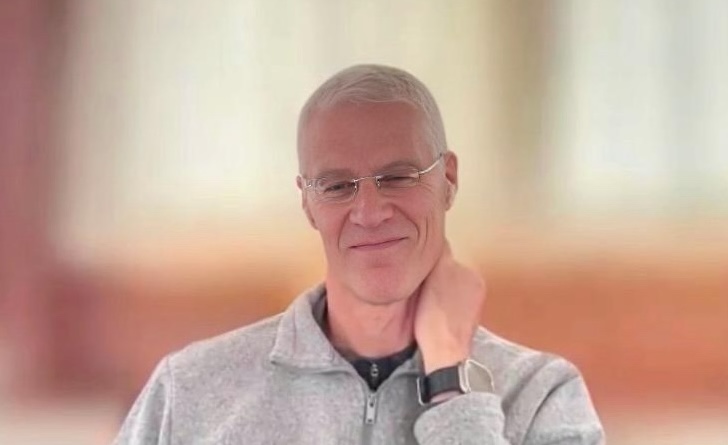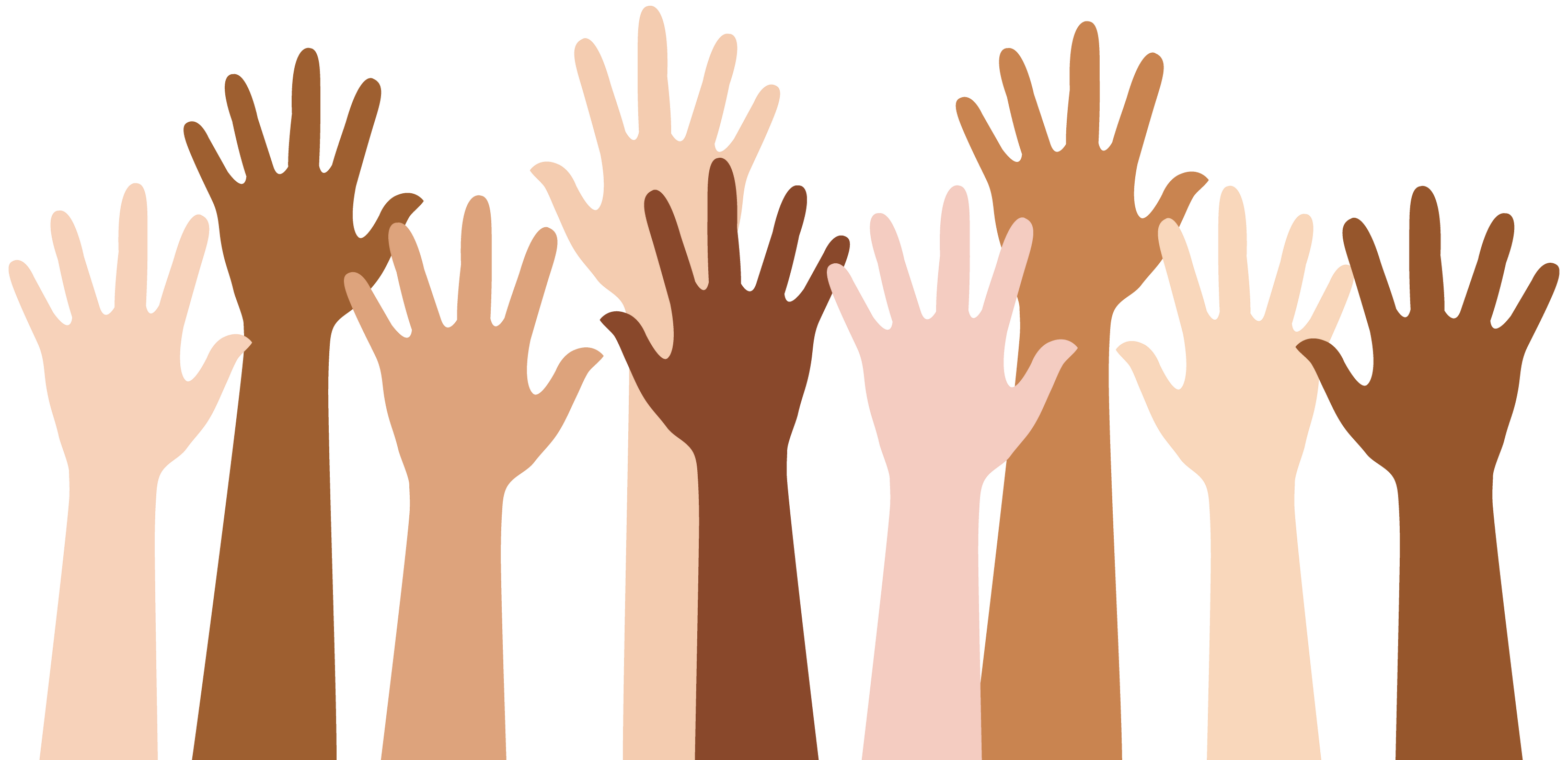With overriding principles of freedom and human dignity, underlying practices of patience and persistence.
The past weeks have seen scores of newspaper articles and editorials and magazine essays, complemented by the airing of film footage, old news clips, and current news specials dedicated to commemorating the historic days of November and December 1989.
Katrina Bernhold, for one of the better examples, authored an article in The New York Times last week offering dramatic commentary on the fall of the Berlin Wall. It’s worth the read. Personalizing the events of the night of November 9, Bernhold tells the story of East German pastor and dissident Werner Krätschell, who drove to the Wall and witnessed first-hand the historic event.
Krätschell “had been among those demanding reforms and protesting the system with peaceful means,” according to Bernhold. “He held dissident meetings in his home and was harassed by the Stasi, East Germany’s fearsome secret police, for years. The churches played an important role in the resistance movement against East Germany’s Communist authorities.”
Bernhold also describes the never-to-be-forgotten news conference called hastily by East Berlin Communist Party leader Günter Schabowski to haplessly announce a series of seemingly only bureaucratic reforms to ease travel restrictions between East and West Berlin. On December 22, the Brandenburg Gate was opened for traffic, with 100,000 people on site to celebrate the occasion. Within a year and a half, the full destruction of the wall was complete.
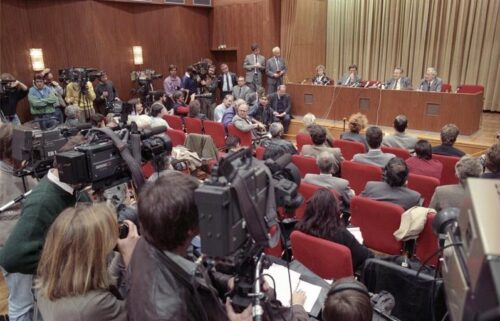
The “ash heap”
In the first of three essays commissioned by the Ronald Reagan Presidential Foundation and Institute in The American Interest, for another of the better recent pieces related to ’89, National Endowment for Democracy president Carl Gershman highlights aspects of President Reagan’s address at Westminster in June 1982.
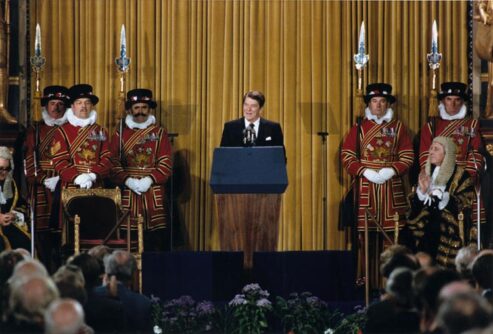
In that speech, one of history’s greatest, Reagan predicted that Marxism-Leninism would end up “on the ash heap of history.” Between November 1989 and Christmas Day 1991, that prediction came to pass. Communism had collapsed in Central Europe and the Soviet Union had imploded.
As would be expected, Gershman’s emphasizes the address as a foundational argument in favor of aiding democracy development internationally. All well and good. Over and above the “ash-heap” prediction, Reagan used the Westminster moment to also forecast a new era of expanded freedom. He asked that people focus on the true agents of change in any society, the true agents of change in their nations—those agents at the grassroots level of society who are such because they have a shared set of social and economic relations, and most importantly, a shared cultural history.
Reagan’s vision, brought to life in that address, was one of regular though heroic people like Krätschell populating institutions such as the free press, unions, dissident political associations, and, at that time in some departments in some universities, free-thinking intellectuals leading the way. If and when allowed to freely choose their own way, according to his overriding principles, they would rediscover and renew their own national culture.
Instinctively, Reagan declared that what was needed was the enabling of “man’s instinctive desire for freedom and self-determination.” Grassroots empowerment.
Empowered regular people
The Westminster address evidenced Reagan’s belief that the people should and would lead the movement to restore respect for and the defense of human dignity, from the bottom up. His Westminster remarks in June 1982 served as a prelude to those at the Brandenburg Gate in West Berlin on June 12, 1987, when he historically intoned, “Mr. Gorbachev, tear down this wall!”
This was much more than abstract cheerleading. Reagan’s confidence in and encouragement of bottom-upness offered the best course to pursue effective, long-lasting, and substantive change. Individuals from below, less likely to be conflicted by the personal demands put on them by rank, are free to create models for change that address immediate challenges and demonstrate to others the need for reform and institutional responsibility.
Philanthropists and philanthropic institutions could and should learn from Reagan’s intuitive trust in his fellow man. There has been and remains too much top-down management, aimed at addressing “larger-than-life” problems with social-engineering instruments holding the promise of measurable, “larger-than-life” solutions—often with “larger-than-life” grant commitments.
There is certainly nothing inherently wrongheaded in individual philanthropists or foundations thinking big and spending big for the right projects, properly fit to the institution’s mission as guided by the donors’ intent. Small is not always beautiful.
However, there can be at least as much, or perhaps more, power in the small demonstration of an idea bearing the possibility, the promise, of larger returns. Instinct, common sense, patience, and an appropriate evaluation of context and cost-effectiveness is essential in either case.
From “the ashes”
One example of such support comes to mind. Given by Milwaukee’s Lynde and Harry Bradley Foundation, where I worked for three decades, it is related to the foundational themes of Reagan’s at both Westminster and the Brandenburg Gate. For about a decade, Bradley supported several key programs at the Ukrainian Catholic University (UCU) in Lviv, Ukraine.
UCU actually began as a small theological academy founded in the late 1920s by Andrey Sheptytsky, Metropolitan Archbishop of the Greek Catholic Church from 1901 until his death in 1944. Sheptytsky’s leadership spanned two world wars and seven political regimes: Austrian, Russian, Ukrainian, Polish, Soviet, Nazi, and again Soviet. Admired and respected by people of faith and those of no faith at all, Sheptytsky’s academy was persecuted by occupying powers and struggled to survive during World Wars I and II, including being closed by the Soviets in both 1939 and 1945. Out of about 500 students who studied at the academy between 1941 and 1944, only 60 received diplomas.
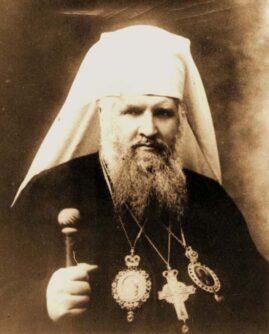
After the collapse of the Soviet empire, it reopened, from “the ashes,” as the Lviv Theological Academy in 1994. In 1999, 28 graduates received degrees.
During his visit to Lviv in 2001, Pope St. John Paul II blessed the cornerstone of what then grew into the new UCU the next year. It is the first Catholic university to open on the territory of the former Soviet Union. In its first year of operation, 35 students enrolled for a Bachelor of Arts degree with special emphasis in history and theology. Today, some 1,700 students are enrolled. It is an internationally recognized leader in information technology and business, with an emphasis on business ethics. (I now serve on the board of the Ukrainian Catholic Education Foundation, which supports UCU.)
UCU students actively participated in protests on the streets of Kiev in the Orange Revolution of 2004 and, reflecting Sheptytsky’s persistence, then again in 2014. Today’s student body, too, embodies the intellectual and social foundations of Ukrainian Christian spirituality and culture. Following elections earlier this year, eight UCU graduates took their seats in the country’s national parliament.
The right time
Mindful of Reagan’s admonition at Westminster about 1982 being exactly the right time to think of a new era of expanded freedom and the blessing of a chance, no matter how risky, to restore the promise of human dignity to so many, a number of individual philanthropists and foundations admirably have supported and still do support similar projects. They are large and small, they are in Central and Eastern Europe, and they might have what are considered mixed results, so far.
In doing so now and into the future, it might be wise for these givers to recall Reagan at Westminster in ’82 and then at the Wall in ’87, along with people like Ukraine’s Sheptytsky in the first half of last century—and in its second half, UCU’s regular though heroic students and East Germany’s hapless Schabowski and regular, heroic pastor Krätschell.

